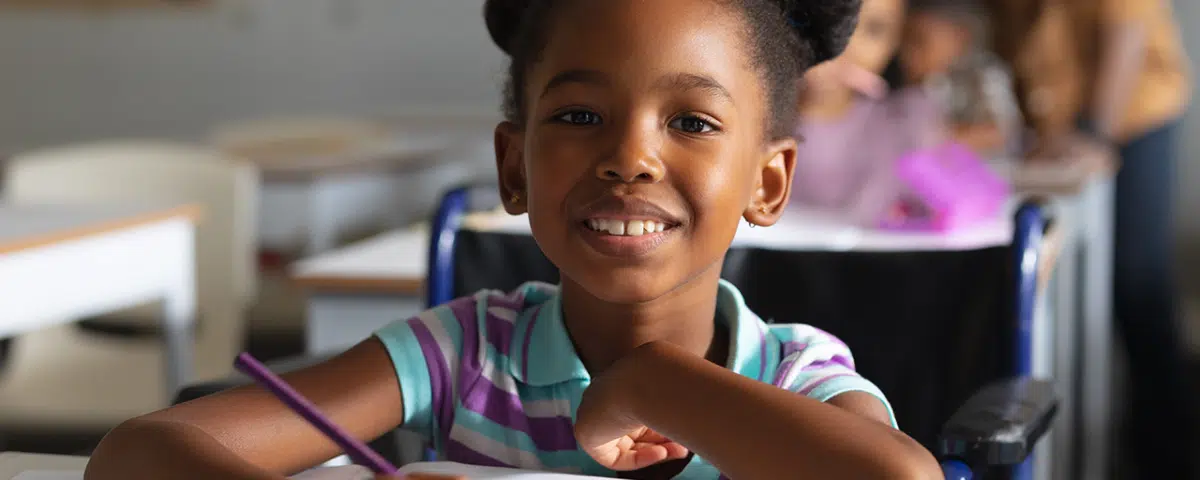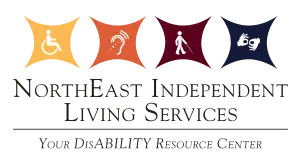
How Schools Can Support Students with Disabilities
Throughout the years, schools have made great strides toward becoming more inclusive. They have worked hard to establish inclusivity in their institutions, and students of all abilities are welcomed, supported, and encouraged to succeed.
Unfortunately, some schools lack the necessary resources or education to support students with disabilities. This makes it challenging for students wanting to thrive in an all-inclusive environment.
In this blog, we explore how schools can better serve students with disabilities.
Provide Accessibility Accommodations
Every school should have accessibility accommodations. This includes providing assistive technology such as screen readers, Braille displays, and audio books to students who need them. Additionally, schools should ensure that their physical facilities are accessible to students with mobility issues, such as by providing ramps, wheelchair access, and elevators. Teachers should also ensure that students with disabilities can access all learning materials, including textbooks, handouts, and videos.
The Americans with Disabilities Act (ADA) requires that schools provide equal access to all students, so it’s important for schools to ensure that their facilities and technology are up to code.
Professional Training for Teachers
Schools can better support students with disabilities by providing training and professional development opportunities for their teachers. This can include workshops on creating inclusive classrooms, training on assistive technology, or sessions on working with students who have specific disabilities.
By investing in their teachers’ knowledge and skills, schools can create a more supportive environment for all students.
Disability Awareness Programs
Disability awareness programs offered to staff, faculty and students offers them the opportunity to learn from experts in the field and gain an understanding of the unique challenges faced by people with disabilities. Such programs help to raise awareness, build supportive relationships and reduce stigmatization.
NEILS offers free Disability Awareness Presentations free of charge to any organization, school, or other group. This program is offered to schools located in Clark, Lewis, Marion, Monroe, Pike, and Ralls County, Missouri.
Encourage Self-Advocacy
Learning self-advocacy from a young age is important. Students with disabilities (and in general) should learn to communicate their needs and preferences to others confidently. They can gain self-esteem and independence as they learn to advocate for themselves. Educators can help by teaching self-advocacy skills such as self-awareness, communication, and goal-setting.
Communication
Open communication between schools, students, and parents is critical to ensure that students with disabilities have the resources they need to succeed. The schools should make an effort to communicate with families, listen to the concerns and suggestions, follow up on recommended actions and ideas, create individual education plans, and engage families in the educational process.
Individualized Education Plans (IEPs)
Individualized education plans (IEPs) help students and their educators get on the same page about specific learning environment requirements. An IEP outlines the student’s needs and the school’s plan to address those needs. Schools should work closely with families and students to create comprehensive IEPs that are tailored to the student’s learning style. This can include providing accommodations such as extended time on tests, one-on-one assistance, or a quiet workspace.
Conclusion
Supporting students starts with raising awareness and providing the right resources. With the right support, students with disabilities can achieve academic success, develop confidence, and feel empowered to reach their full potential. Schools have a responsibility to create an inclusive and supportive learning environment that recognizes the unique abilities of all students. Let’s do our best to support them.
Ready to schedule your free Disability Awareness Presentation? Contact us today.
